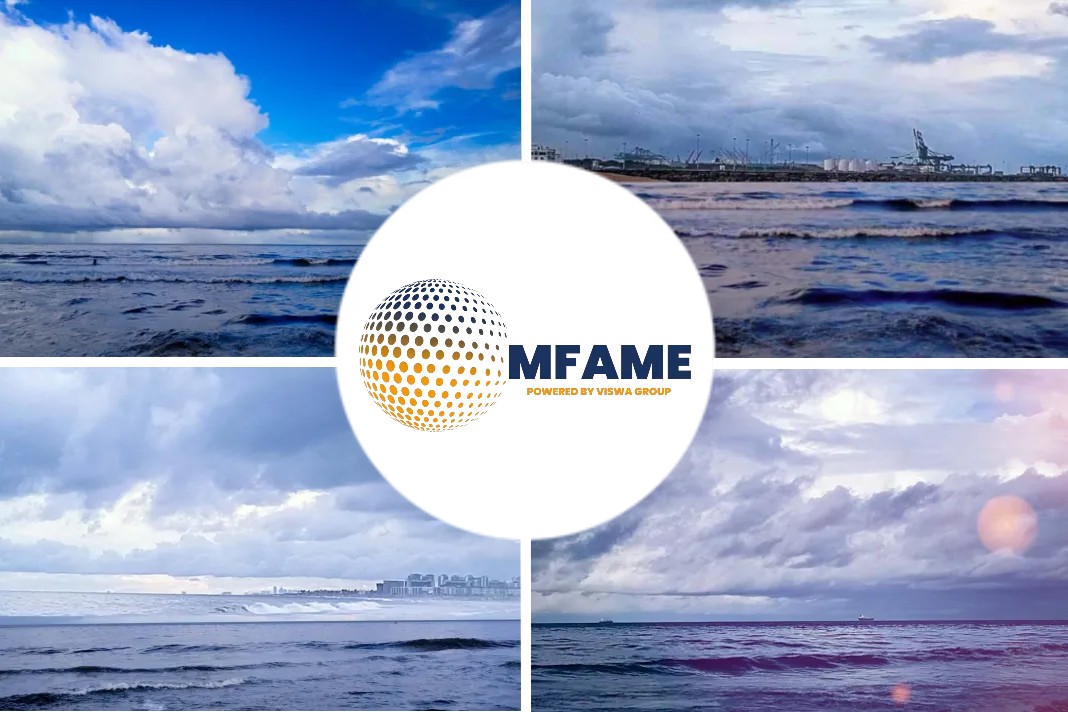- Global shipping industry calls on Governments to take forward US$ 5 billion proposal for maritime decarbonization.
- The R&D programme would be managed through a non-governmental research and development organisation – IMRB.
- The co-sponsors emphasize that for the proposal to work, the R&D contributions need to be mandatory via an IMO regulation.
- All shipping companies globally contribute in a fair and equitable manner, and the funds will be generated to achieve the programme’s objectives.
Following governments’ meeting at the UN IMO which focused on how to decarbonise maritime transport, shipping players urge authorities to take forward the USD 5 billion decarbonisation proposal, reads a BIMCO press release.
Maritime decarbonization
The proposal is a research and development programme which goals to catalyse the transformation of the industry from dependence on fossil fuels to operating with zero-carbon energy sources.
Specifically, the US$ 5 billion programme will be overseen by IMO and financed through a mandatory R&D contribution of USD 2 per tonne of marine fuel consumed.
The initiative would be managed by a non-governmental research and development organisation, an International Maritime Research and Development Board or IMRB.
Key highlights of the proposal
- To accelerate the research and development of low-carbon and zero-carbon fuels, energy sources, propulsion systems and other new GHG reduction technologies, operating under a Charter approved by IMO.
- To provide industry financing for the IMRB research and development programmes, collecting about US$ 5 billion over a ten year period via mandatory contributions of USD 2 per tonne of fuel consumed by each ship.
- To work itself out of a job in 10-15 years by delivering research and development projects that will then allow commercial entities to provide the technologies and services that will move proven technologies into the global fleet by the 2030s, so that the IMO target for 2050 can be achieved.
Following the above, Deputy Secretary General Lars Robert Pedersen, BIMCO, stated, “We look forward to seeing the member states put weight behind their calls for action and advance our proposal, which can actually help the industry develop the technology needed to reach our decarbonisation targets.”
Implementing IMRB concept
As explained, may total emissions from shipping are about 7% lower than in 2008, but there is a limit to what can be achieved so long as ships remain dependent on fossil fuels and global demand for maritime services continues to grow.
In fact, IMO’s carbon reductions will only come from identifying and developing new zero-carbon technologies so that commercially viable zero-carbon ships can begin to operate in the 2030s, BIMCO noted.
“Shipping industry is eager to work with governments to ensure that this initiative is implemented as soon as possible and calls on the IMO Marine Environment Protection Committee to support the development of the IMRB concept at its critical meeting starting November 16,” BIMCO concluded.
Did you subscribe to our daily newsletter?
It’s Free! Click here to Subscribe!
Source: BIMCO
























I am convinced that my GREEN solutions to many cargo shipping problems will ensure that
the zero carbon target will be reached by 2030. My extensive experience at sea supplying the navies around the world caused me to design more efficient and low carbon ships barges and docks. The supply chains across the oceans will be shorter with lower costs.
The latest huge container ships cause massive problems at sea and at ports so are not cost/effective.
Smaller, faster,more flexible TECHNO ships must be the solution. Contact us to hear the convincing justification to replace existing cargo / container fleets with our ships.